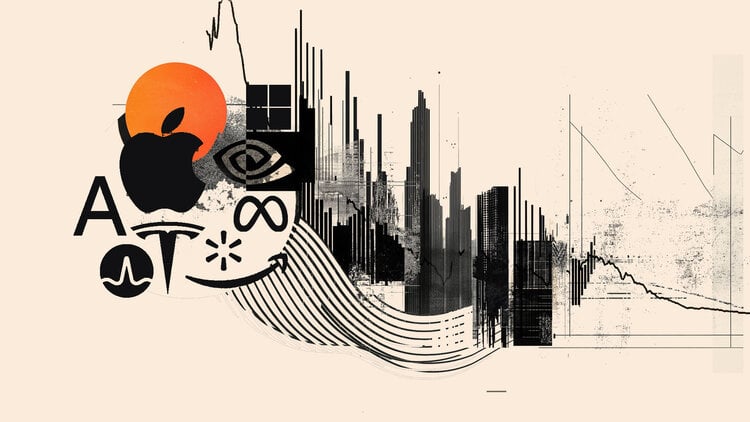With the floods caused by the rains that hit the state of Rio Grande do Sul since the end of April, many vehicles in the state of Rio Grande do Sul were completely lost.
Now that the waters have receded and the fate of these vehicles has become a concern for Detran, as the abandonment of cars impacts the environment and public health. Like this, unrecoverable vehicles must be written off so that they can be sent for dismantling and recycling .
For vehicles that have insurance, their disposal will be arranged by the insurers, as soon as the owner calls it. For those that are not insured, it is necessary for the owner to write off the cars before they are sent for dismantling and recycling. .
The write-off is also important so that the vehicles do not continue to generate costs and other legal obligations. This step involves communicating to Detran that the vehicle legally no longer exists.
In Rio Grande do Sul, Detran has around 420 Vehicle Dismantling Centers (CDVs). In these centers, before decontamination and dismantling of parts, scrap is purchased, under evaluation. At this stage, reusable parts are removed for sale, while non-reusable parts are taken to a recycling company.
According to the Rio Grande do Sul government, the dismantling and recycling process can only be carried out by companies accredited by the state, so that there is a guarantee that the procedure is carried out within the law and environmentally correct.
Furthermore, the owner who requested the write-off of the vehicle due to total loss can request the return of taxes paid to the Finance Department (Sefaz).
The IPVA refund is made proportionally to the months of the year 2024 in which taxpayers no longer exercise possession or ownership of the vehicle. The request can also be made by owners who have not yet paid the IPVA 2024, and in this case, Sefaz assesses whether there will be an amount to be refunded or not.
Scratchs
Vehicles left on the streets can pose a risk to both the environment and human health, as they carry metals and chemicals.
The biologist and employee of the Detran of Rio Grande do Sul, Denílson Almeida, explains the situation, warning of other problems that can be generated, such as the proliferation of the Aedes aegypti mosquito, which transmits dengue and urban yellow fever.
“Abandoned scrap contaminates the soil and water with its various fluids, such as oils and fuels. Batteries contain heavy metals that are extremely harmful to the environment and human health. Abandoned vehicles end up becoming a breeding ground for insects such as the Aedes aegypti mosquito, which transmits dengue fever and urban yellow fever. They also serve as a shelter for rodents, snakes and other venomous animals,” he says.
*Under the supervision of André Rigue
Source: CNN Brasil
I’m James Harper, a highly experienced and accomplished news writer for World Stock Market. I have been writing in the Politics section of the website for over five years, providing readers with up-to-date and insightful information about current events in politics. My work is widely read and respected by many industry professionals as well as laymen.







